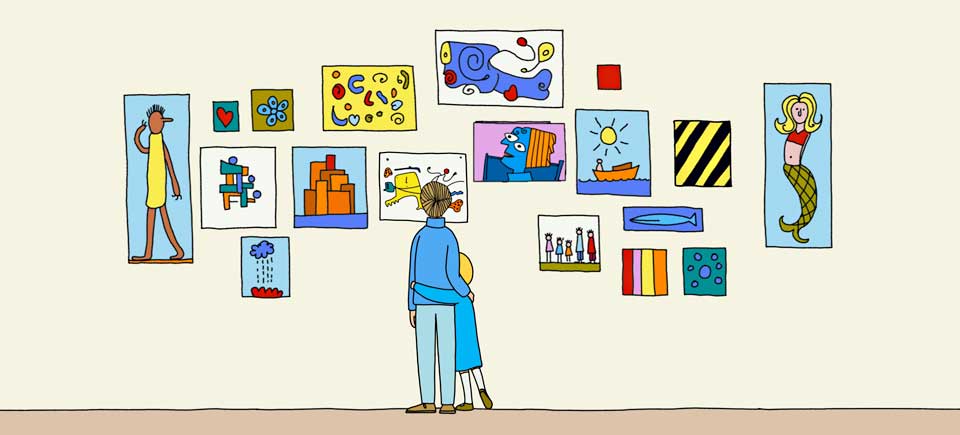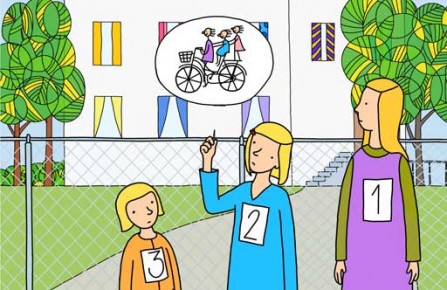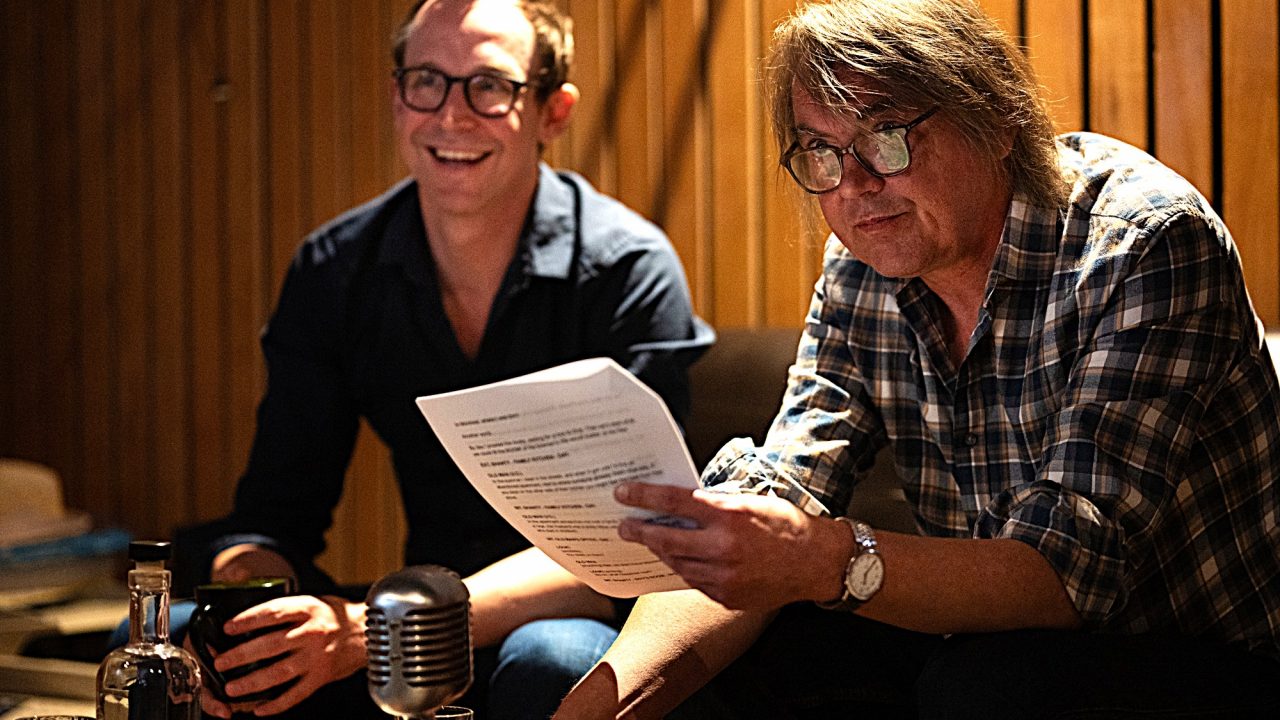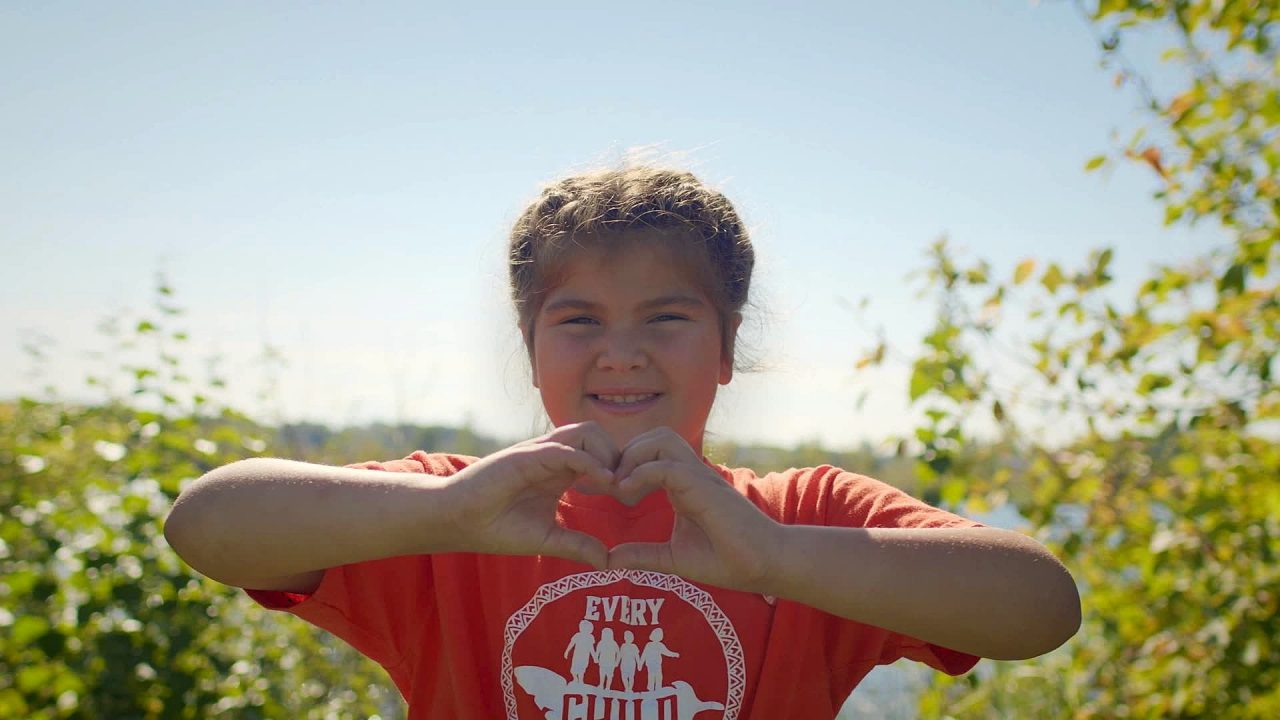
Building Resilience in Students
Building Resilience in Students
All teachers know… we hold a privileged position with regard to youth. Our sustained contact and connection with students is undeniably a unique opportunity, and responsibility, to influence their lives in meaningful ways. Beyond the academic curriculum, we strive to create a learning environment in which students can feel competent, connected to community, engaged in meaningful work and willing to extend themselves by taking sensible risks. We nurture their motivation, celebrate their successes and guide them during challenging times.
Stress Reactions
More than ever, we observe that students are exposed to increasing levels of stress in their lives. There are obvious expressions of student stress everyday, in every classroom. So what can teachers do to respond to their students’ needs for developing stress coping strategies? How can teachers become more effective in fostering resilience in their students?
Everyone, regardless of their age, is bound to face various challenges in life. In fact, challenges are essential to the healthy development of one’s character, emotional intelligence and life competencies. The key lies in how an individual responds to the stress resulting from the demands relating to their environment, relationships, and their perception of situations and events. It is known that resilient individuals bounce back and are able to come out of difficult situations stronger and wiser. As significant adults, teachers can play an essential role in the development of resilience in children by influencing and nurturing the development of skills, attitudes and strategies that lead to resilience.
Me and My Moulton, Torill Kove, provided by the National Film Board of Canada
This film is available for immediate viewing by CAMPUS subscribers. You may already have a subscription to CAMPUS through your school. Go here to find out.
What exactly is resilience?
Resilience is defined as a combination of skills and positive attributes gained and developed over time through various life experiences. Together, these attributes and skills allow individuals to deal more effectively with stress and pressure, to bounce back from disappointments, adversity and trauma, to solve problems, to engage positively with others, and to treat oneself and others with respect. In short, resilience is the ability to cope with crisis and challenge, and the strength to turn the stresses of life into opportunities.
Developing resilience in classrooms involves planned learning activities and seizing “teachable moments” to address issues of resilience in the most authentic ways. These learning opportunities need to focus on building relationships by getting students to know, appreciate and support each other. Supportive relationships are critical to building resilience. As well, activities need to provide students with opportunities to develop and practice strategies for coping with challenges and stress in positive ways. Students must live and experience resilience over time, as a part of everyday life.
A tool to cope with stress
The NFB’s Oscar-nominated animated short Me and My Moulton, by Academy Award-winning animator Torill Kove, is an excellent tool to engage students in an explicit exploration of the causes, effects and healthy ways of coping with stress. Students aged 9 to 12 will easily relate to the main character in the story. The film is about a seven-year-old girl who longs for a bicycle so that she can be more like the other kids in her Norwegian town. Her embarrassingly unconventional, modernist architect parents see things differently. The film depicts how this young girl experiences a great deal of stress because she perceives her family as being different. Her reactions to various situations in her life can serve as a springboard for students to discuss, explore and investigate their own stressors, stress reactions and coping strategies. The study guide for this film is designed to guide students in developing a deeper understanding of stress and the healthy ways to deal with it by working with their peers and their family. The activities engage students in identifying and role-playing healthy ways to manage stress at school and at home with a focus on realistic optimism and meaningful connections with others.
The more students develop their emotional intelligence by being self-aware and able to recognize how they feel and why they feel that way, the more they will be able to self-regulate their emotions, manage their stress in a healthy manner and respond to others with empathy. Resilience leads to healthy development and successful learning. As we grow with our students while exploring matters of resilience, we become more resilient ourselves. We also become positive role models for our students who honour us with their trust and respect.
Danielle Delhaes is an education consultant who contributes regularly to the development of educator’s guides for the NFB. The focus of her work is the development of concept-based curriculum designed to build sustainable communities inside and outside the classroom within diverse fields and disciplines. She believes that students of all ages should experience their schooling in a holistic way, and as an authentic and meaningful part of their lives.




